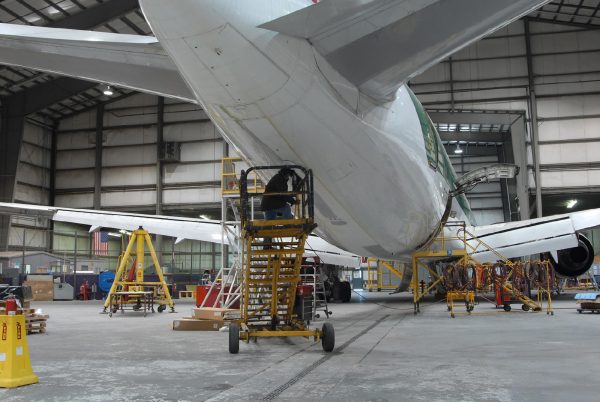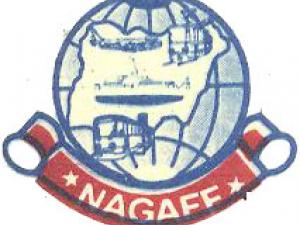NAAPE Urges Airlines To Improve Safety Culture
The National Association of Aircraft Pilots and Engineers (NAAPE) has urged airlines, regulators and other aviation stakeholders to improve safety culture in the industry.
The group, at a safety workshop in Lagos, reiterated that standard safety culture is central to enhancing public confidence and investment drive in air travel business.
To encourage the stakeholders, NAAPE has initiated yearly aviation safety award for organizations in the industry. These include: airlines and helicopters, government agencies, handlers and facility, and Aircraft Maintenance Organisation (AMO), among others.
National President of the association, Abednego Galadima, noted that safety, in line with the position of the International Civil Aviation Organisation (ICAO), is a state in which the possibility of harm to persons or of property damage is reduced to, and maintained at or below, an acceptable level through a continuing process of hazard identification and safety risk management.
Safety is, therefore, not the absence of risk but a continuous process of hazard identification, risk mitigation and management. Galadima observed that safety thinking has evolved over the years, since 1950s where technical factors were the only consideration, and later in the 1990s human factor gained prominence over technical factors.
But now, “organisational factors are considered more prominent and critical. It is in this light that our assessment will focus more on the organisational factors in this year’s award.”
Guest Speaker, who is also an Instructor at Nigerian College of Aviation Technology (NCAT), Dr. Uhuegho Kole, said the aim of safety promotion is to build confidence in safety management, as well as set the tone for robust safety culture. Kole said given the complex nature of aviation, as a social technical system, it requires different players, their interactions, dependencies and parameters, all of which rob-off on the final outcome, that is, safety.
The lecturer, however, observed that attitude is a major challenge to safety culture in the industry. “There is an attitude of all to the disclosure of information. Airlines especially don’t want to disclose information about their operations. “During researches, we have tried severally to find at least an airline that has a financial book, but none has been able to show it to us. But that is what gives airlines credibility, for investors to channel their money,” he said.
Kole urged all stakeholders to do more in the promotion of safety culture, with emphasis on training of employees, building confidence in safety maintenance system, strong line of communication between employee and different levels of management, continuous awareness and non-punitive reporting policy.
He said for the purpose of this year’s safety award, the safety evaluation index would comprise: safety process audit, the reward system, quality standards, risk managements, leadership and supervision.
The methodology will revolve around the employee perception survey, since employee is the ultimate custodian of safety. “Safety promotion requires covering all the mission critical mechanisms that allows safety management system to work and going beyond compliance. This is the time to go beyond compliance, so that we can achieve safety excellence,” Kole said.








